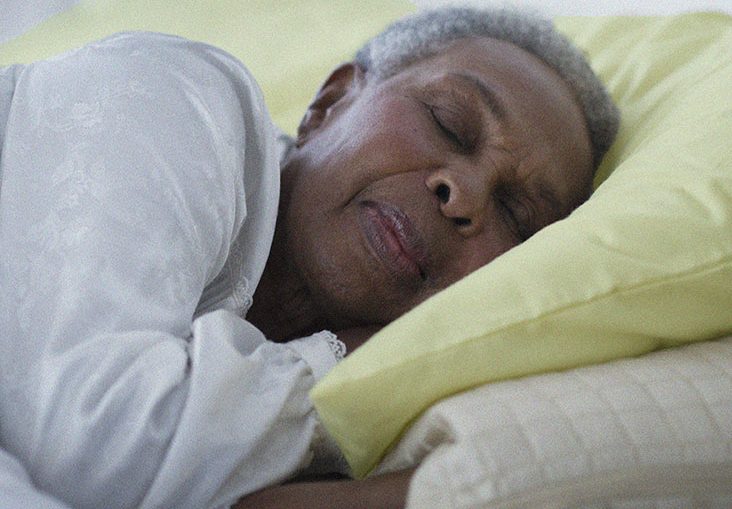Have you ever been around someone whose breathe stops intermittently while asleep? Yes, that’s Sleep Apnea.
What is Sleep Apnea? According to mayoclinic.org, it is a potentially serious sleep disorder in which breathing repeatedly stops and starts. If you snore loudly and feel tired even after a full night’s sleep, you might have sleep apnea.
It’s important to note that people with Sleep Apnea don’t take in enough oxygen. This causes them to gasp and often wake up.
There are 3 main types of Sleep Apnea:
– Obstructive sleep apnea, the more common form that occurs when throat muscles relax
– Central sleep apnea, which occurs when your brain doesn’t send proper signals to the muscles that control breathing
– Complex sleep apnea syndrome, also known as treatment-emergent central sleep apnea, which occurs when someone has both obstructive sleep apnea and central sleep apnea.
Symptoms: The most come symptoms of Sleep Apnea include; Loud snoring, Episodes in which you stop breathing during sleep — which would be reported by another person, Gasping for air during sleep, Awakening with a dry mouth, Morning headache, Difficulty staying asleep (insomnia), Excessive daytime sleepiness (hypersomnia), Difficulty paying attention while awake and Irritability.
These four home remedies extracted from healthline.com could help treat Sleep Apnea
1. Maintain a healthy weight: Doctors commonly recommend people with sleep apnea to lose weight. Obesity, specifically in the upper body, can increase the risk of airway obstruction and narrow nasal passages. These obstructions can cause you to stop breathing suddenly or for lengths of time while sleeping. Maintaining a healthy weight can keep your airways clear and reduce sleep apnea symptoms. Research shows that modest weight reduction in people with obesity can eliminate the need for upper airway surgery or long-term CPAP therapy. In some cases, weight loss can eliminate sleep apnea. However, if you regain the weight, it’s possible for the condition to return.
2. Try yoga: Regular exercise can increase your energy level, strengthen your heart, and improve sleep apnea. Yoga can specifically improve your respiratory strength and encourage oxygen flow. Sleep apnea is associated with decreased oxygen saturation in your blood. Yoga can improve your oxygen levels through its various breathing exercises. As a result, yoga reduces the amount of sleep interruptions you may experience.
3. Alter your sleep position: Though a small change, altering your sleep position can reduce sleep apnea symptoms and improve your night’s rest. A 2006 study found that more than half of obstructive sleep apnea cases are dependent on position. Studies have shown sleeping on your back — called the supine position — can worsen symptoms. For some adults, sleeping on the side can help breathing return to normal. However, a 2002 study found that children with sleep apnea sleep better on their backs. Discuss body positioning and your sleep apnea symptoms with your doctor to evaluate your options for treatment.
4. Avoid alcohol and smoking: Lifestyle changes can improve your health and encourage better sleeping habits. Consider quitting smoking and limiting your alcohol intake to reduce sleep apnea complications. Alcohol relaxes the throat muscles that control your breathing. This can lead to snoring and an interrupted sleep cycle. It can also lead to inflammation in your airways, blocking your airflow. Similar to alcohol, tobacco use can also contribute to inflammation and swelling in your airways. This can worsen your snoring and your sleep apnea. A 2012 study identified smoking as a risk factor for developing sleep apnea. The study noted that people with sleep apnea may have a predisposition to smoking as well, so treating sleep apnea may help in quitting smoking.
Sleep Apnea isn’t a spiritual matter so don’t feel the need to kabash your way out of it. Of course it’s good to pray but you must understand that seeking medical solutions will hasten your recovery.
Here’s to more wins!



